Cross-border migration flows in the European Union and OECD countries have led to a rise in diversity among entrepreneurs, but barriers to entry have created a global shortfall of more than 40 million entrepreneurs, with most of them women, according to a new report.
The Missing Entrepreneurs 2023 report, compiled by the OECD (Organisation for Economic Co-operation and Development), says that while there has been a rebound in entrepreneurship globally since COVID-19, women have actually led the way with their numbers bouncing back to pre-pandemic levels as the number of male entrepreneurs still lags.
“The result is a return to the long-term trend of a slow reduction in the gender gap, at least in terms of the numbers of entrepreneurs,” says the report.
While the report doesn’t offer a breakdown of data for Australia, an OECD member, the report highlights that men aged between 30 and 49 years are traditionally the most active cohort of entrepreneurs globally.
If people outside this demographic were as active in the field of business startups, the report estimates that there would be 7.5 million more entrepreneurs in the EU and 34.1 million more in the OECD.
Lamia Kamal-Chaoui, director of the OECD Centre for Entrepreneurship, SMEs, Regions and Cities, notes that about three-quarters of the missing 34.1 million entrepreneurs in the OECD are women.
“Although governments have been working to boost women’s entrepreneurship for decades progress remains too slow and renewed momentum is needed to get more women into the entrepreneurship pipeline, and, in turn, unleash new ideas, innovation, jobs and growth,” Kamal-Chaoui says.
“However, progress is being made in many OECD countries and in many others efforts to strengthen momentum via new strategies and action plans to boost diversity in entrepreneurship, especially among women and older people, are well under way.”
Among the key findings of the report is the growth in the scale and impact of immigrant entrepreneurship over the past decade within the OECD and EU.
“This is clearly visible in the EU, where the share of self-employed workers born in another country nearly doubled over the past 10 years from less than 7 per cent in 2013 to 12 per cent in 2022,” says the report.
“Driven by a growth in cross-border migration flows, this growth in immigrant entrepreneurship is often viewed as having a positive impact on economies.
“For example, in Sweden, new research shows that immigrant-owned firms are more likely to employ others and have more employees than native-owned firms, while in Germany, immigrant-owned businesses are more likely to achieve high levels of growth than firms led by non-immigrants.”
Notably, 60 per cent of German unicorns, namely businesses that are valued at more than $1 billion, have at least one immigrant founder. In a similar vein, for the recent Young Entrepreneur Awards held in Melbourne, Sydney, Brisbane and the Gold Coast, three of the four cities had an immigrant as the overall winner.
While immigrants are gaining ground in the startup world, participation by women is stymied by various factors.
The report has found that about 6 per cent of women in the EU and 9 per cent of women in OECD countries were actively working on a start-up or managing a new business between 2018 and 2022, compared with 8 per cent and 11 per cent of men respectively. The gaps are more evident in an analysis of age and place of birth.
“These gaps are due to a range of factors, including differences in motivations, own resources (such as skills, finance and networks) and access to external resources, which affect both business creation and growth,” says the report.
“Other important influences on entrepreneurship gaps include social attitudes towards work and entrepreneurship, local labour market conditions and opportunities in employment, as well as the uneven impact of start-up policies and business regulations.”
The report notes that young people lead the way in terms of entrepreneurial ambitions.
In 2022, nearly four in 10 people aged between 15 and 30 years in the EU preferred to be self-employed so they could ‘be one’s boss’ and have the ‘freedom to choose time and place of work’.
However, only 5 per cent of this age group was working on a startup between 2018 and 2022 while another 4 per cent were operating a business that was less than 42 months old. In OECD countries, young entrepreneurs accounted for 9 per cent and 5 per cent of startups respectively.
Kamal-Chaoui says the Missing Entrepreneurs 2023 report comes at a critical time for the global economy as it faces ongoing volatility and uncertainty.
“These complicate the ability to overcome challenges and leverage opportunities from longer-term pressures, notably climate and demographic change as well as the digital transition,” she says.
“Whether immediate or longer-term, entrepreneurs, as important sources of growth, jobs and innovation, have a central role to play in finding solutions to these challenges, but not all those with entrepreneurial aspirations have the opportunity to turn their ideas into businesses.”
Get our daily business news
Sign up to our free email news updates.






Leave a comment